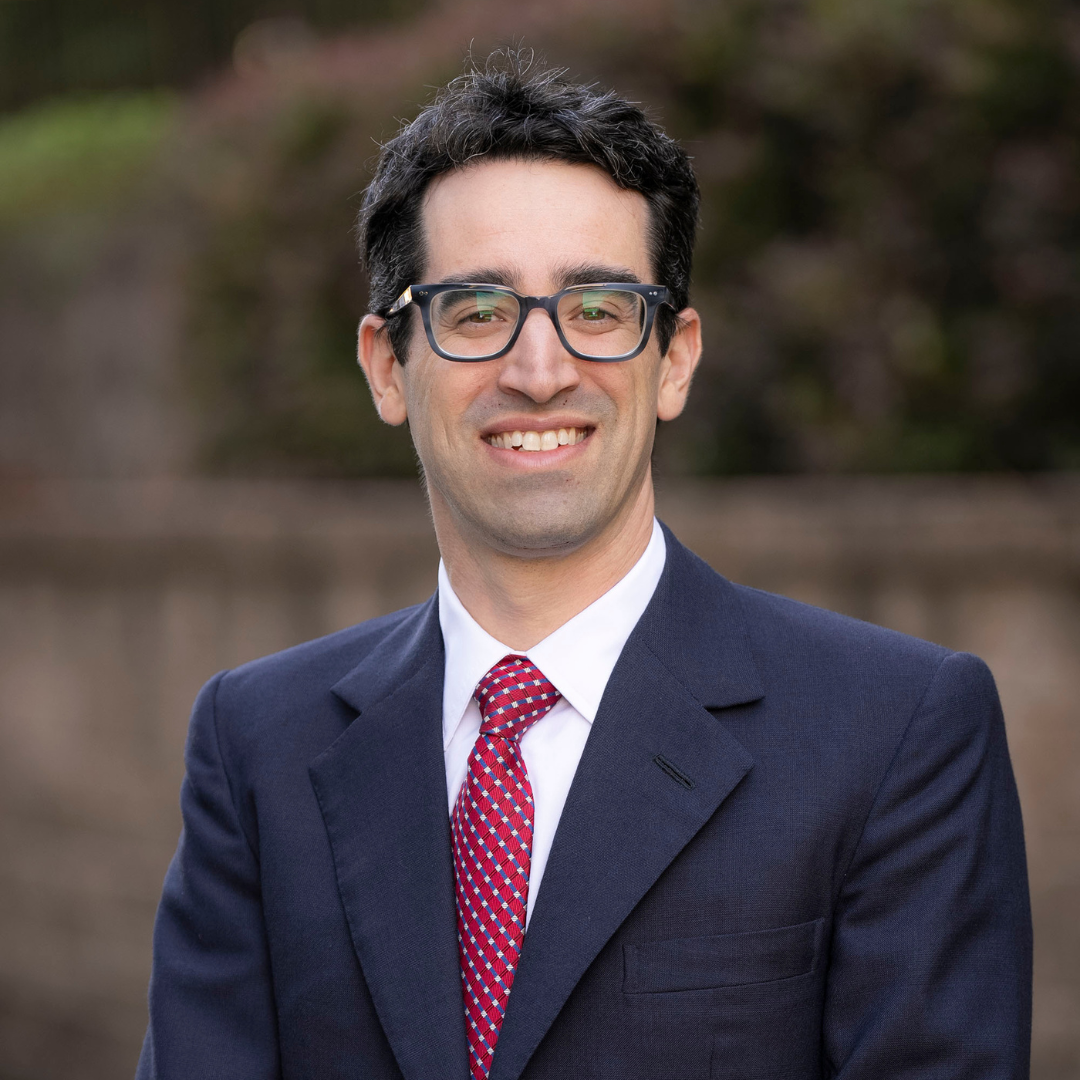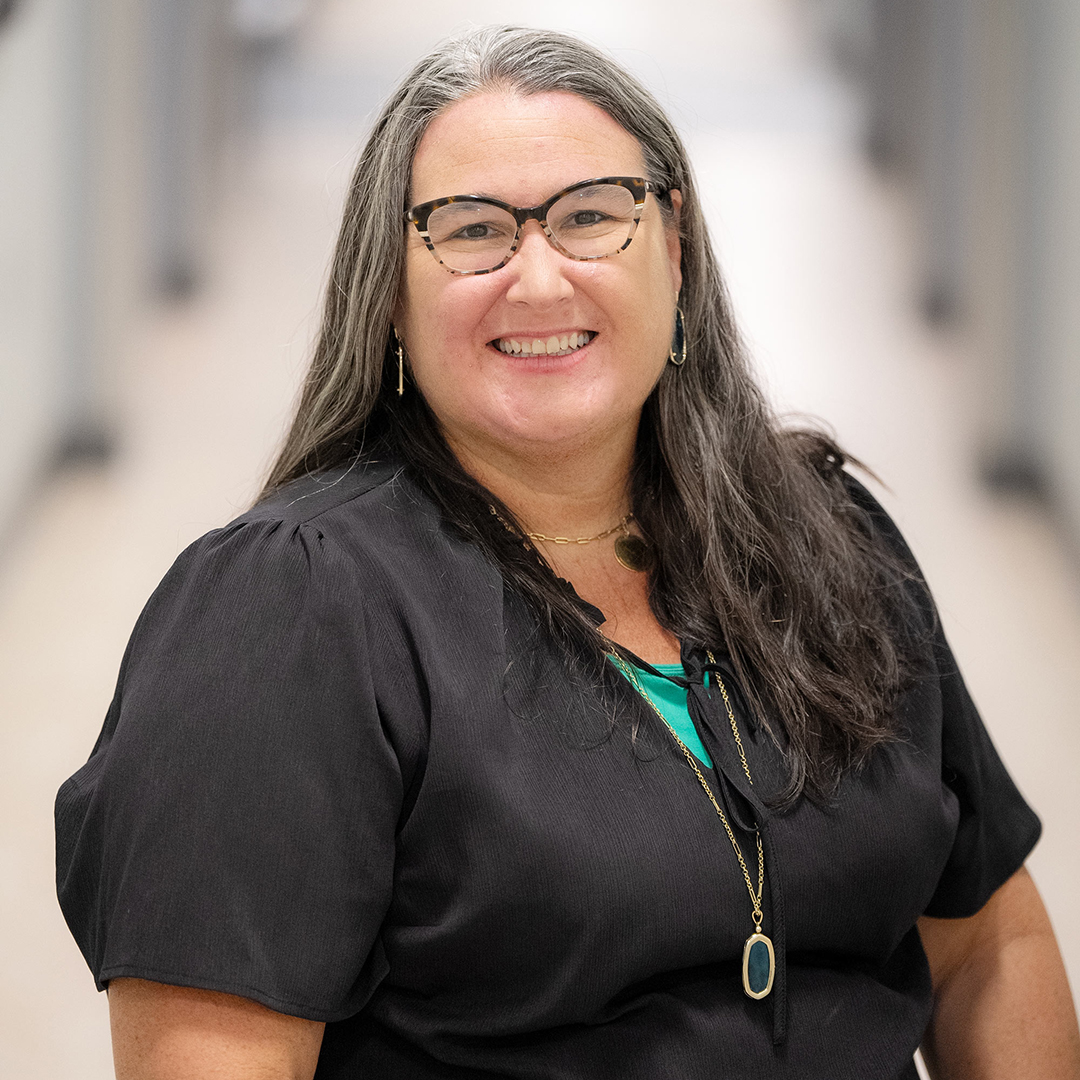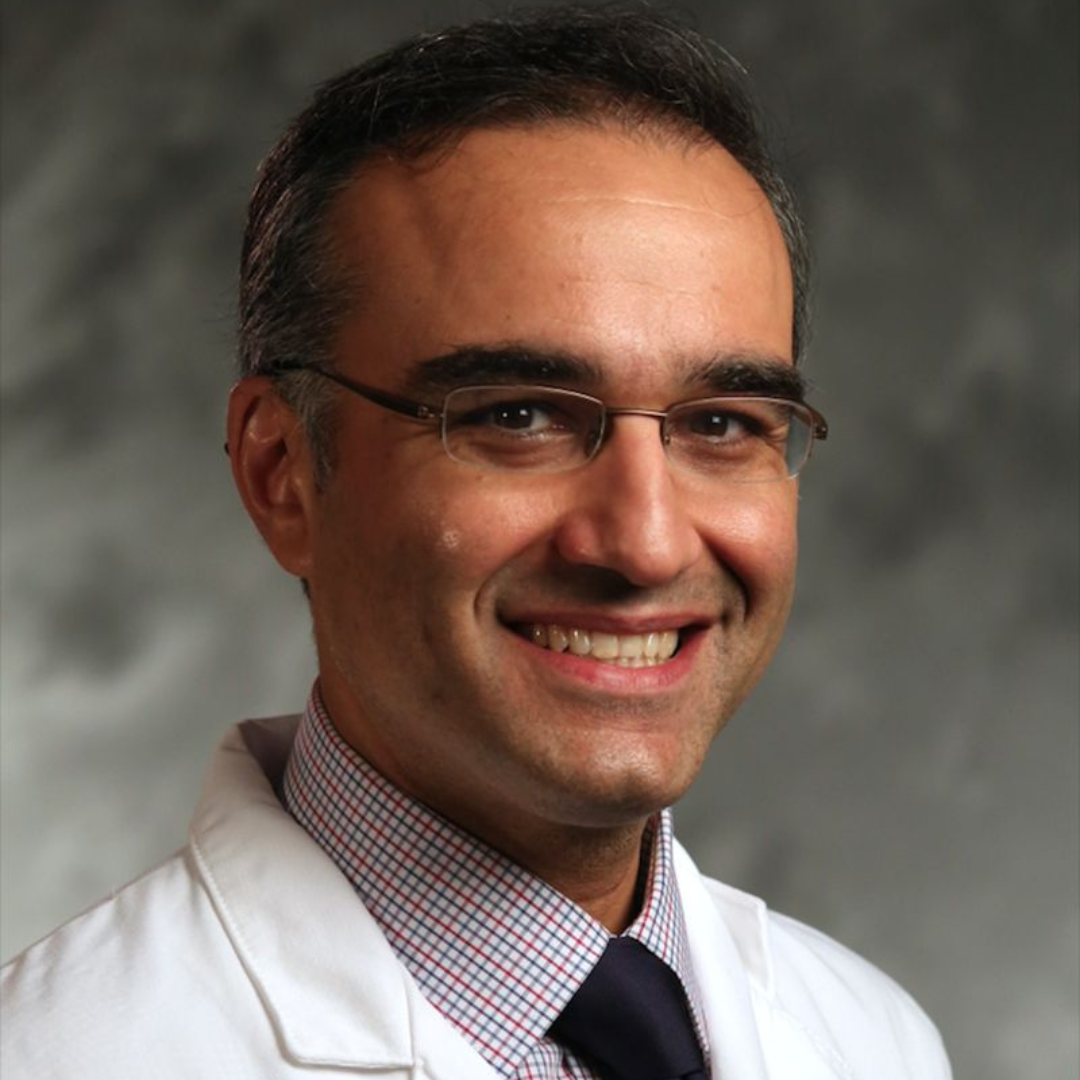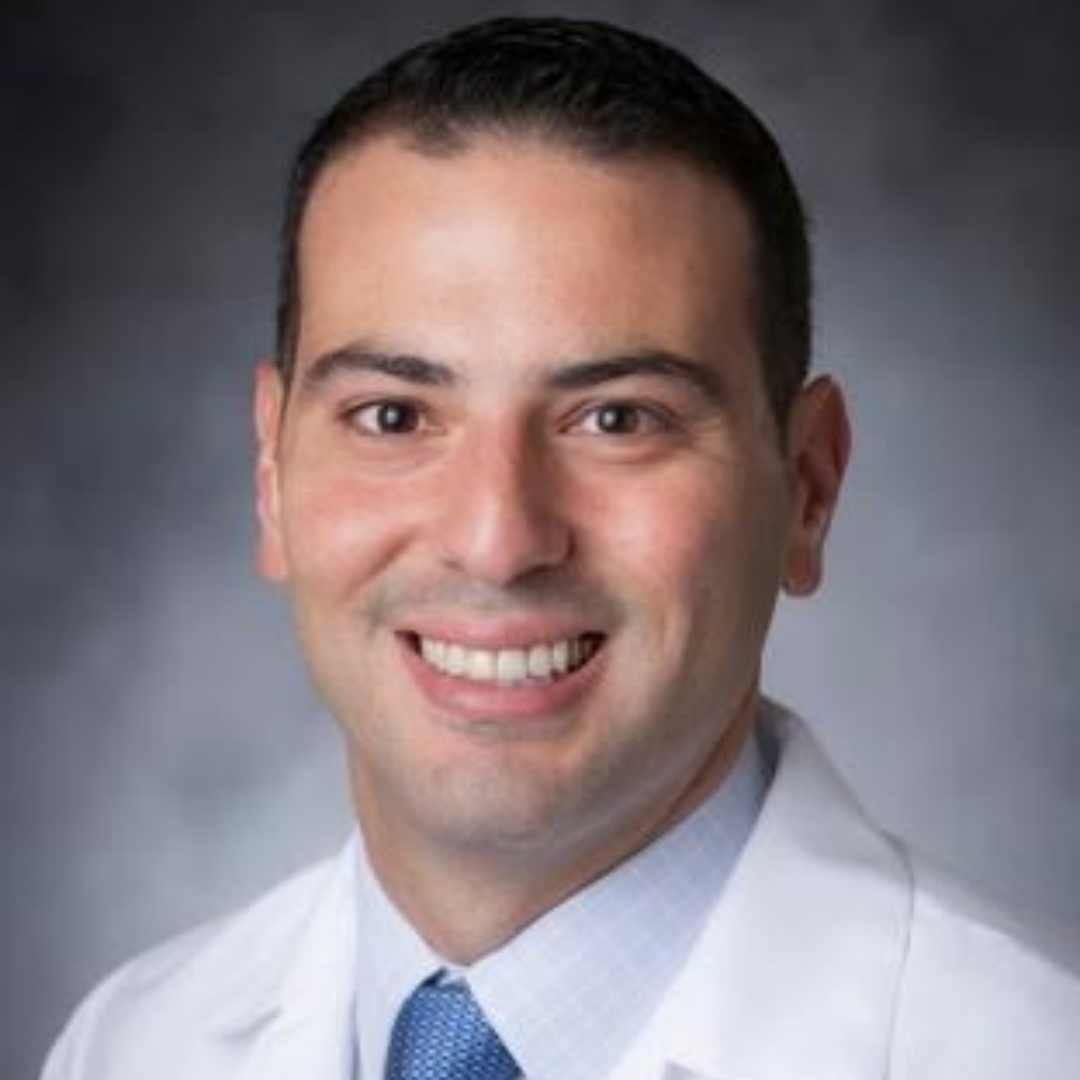
Many Disciplines, One Plan
While pituitary tumors are rarely life threatening, they can affect a number of body systems due to hormones and proximity to nearby brain structures. In a new approach to pituitary disorders, the departments of Neurosurgery, Head and Neck Surgery, Endocrinology, and Ophthalmology team up to offer patients the one-stop, multidisciplinary Pituitary Center.
This innovative approach allows patients to schedule one trip for multiple appointments within the clinic and leave with a plan that aligns with their diagnosis and goals. Experts across the clinic's sub-specialties combine to form a team that is able to care for all aspects of pituitary tumors.
Duke is considered a Pituitary Center of Excellence by the Pituitary Network Association.
From the Expert
Duke neurosurgeon Jordan Komisarow, MD, is part of the team of doctors who specialize in diagnosing and treating pituitary tumors. In this article, he answers frequently asked questions to help you decide where you should seek care.
Diagnosis and Treatment
The team of experts works together to form the best plan for each patient. Diagnostic tools and treatment options include:
- MRI
- Hormone Level Testing
- Eye Exam
- Medication
- Radiation Therapy
- Pituitary Tumor Surgery
- Endoscopic approach
- Keyhole craniotomy
- Open approach
Follow-Up Care
After the tumor has been effectively treated -- through medication, radiation, or surgery -- the patient's care team will continue to monitor their condition with regular MRI scans and hormone tests. Pituitary tumors can sometimes return, although it is rare. If the tumor caused vision problems, our eye specialist will continue to monitor the patient's vision.
Learn more about the diagnosis and treatment of pituitary tumors and disorders at DukeHealth.org.
Research
In the lab of neurosurgeon Patrick Codd, MD, researchers have developed a fluorescent detection method that uses machine learning to aid in classifying tumors during surgery to guide precise tumor removal. Codd’s team has successfully used this technology in pituitary tumor surgeries, and it may improve outcomes in other skull base tumors. They presented their results at the North American Skull Base Society annual meeting in February 2023.
The Team

Jordan Komisarow, MD
Surgical Co-Director
Neurosurgery

Leena Shahla, MD
Medical Director
Endocrinology

Denise Lally-Goss, ANP-C, GNP-C
Neurosurgery

Patrick Codd, MD
Surgical Co-Director
Neurosurgery

Allan H. Friedman, MD
Neurosurgery

Ali Reza Zomorodi, MD
Neurosurgery

Ralph Abi Hachem, MD
Head and Neck Surgery

David W. Jang, MD
Rhinology and Endoscopic Skull Base Surgery

Nathan Troy Tagg, MD
Neuro-Ophthalmology

